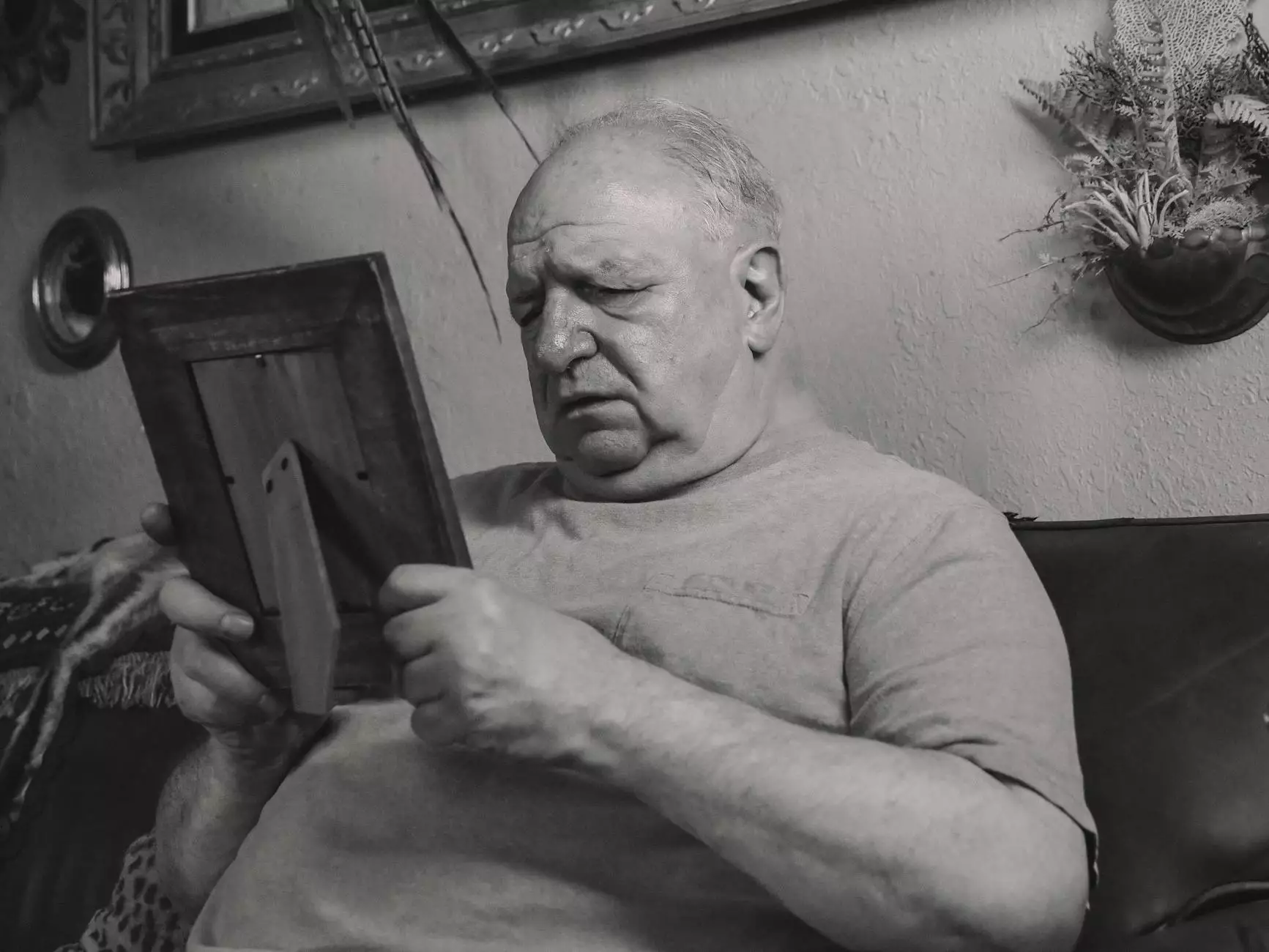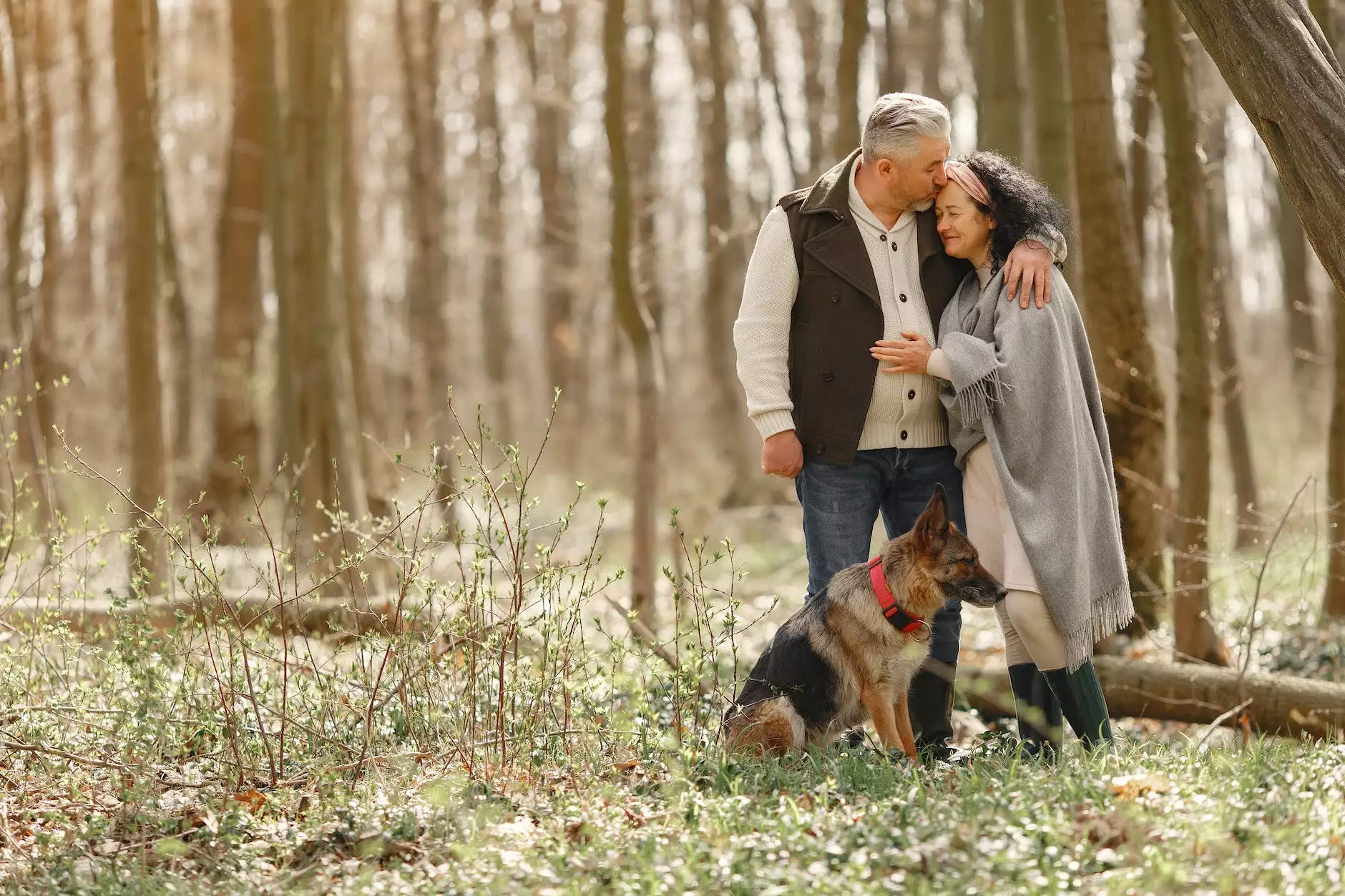Common Senior Dog Health and Behavior Problems

The Challenges of Aging Dogs
As our beloved dogs age, they may encounter various health and behavior issues that require our attention and care. At HGRBS, we understand the importance of addressing these challenges promptly and effectively. In this comprehensive guide, we will explore the most common senior dog health and behavior problems and provide you with valuable insights and solutions to make their golden years as comfortable and enjoyable as possible.
Arthritis and Joint Pain
One of the most prevalent health issues in senior dogs is arthritis, which can cause pain, stiffness, and reduced mobility. If your canine companion shows signs of discomfort, such as difficulty climbing stairs or getting up from lying down, it is crucial to consult your veterinarian. They may recommend various treatments, including medication, physical therapy, or joint supplements, to alleviate the symptoms and improve your dog's quality of life.
Cognitive Dysfunction
Just like humans, dogs can experience cognitive decline as they age. Common signs of cognitive dysfunction include disorientation, changes in sleep patterns, forgetfulness, and altered social behavior. Luckily, there are steps you can take to support your senior dog's cognitive function. Providing mental stimulation through interactive toys, maintaining a consistent routine, and incorporating brain-boosting supplements into their diet can help slow down the progression of cognitive decline.
Incontinence
Incontinence, or the loss of bladder control, can be a frustrating and messy problem for both you and your senior dog. It can occur due to weakened muscles, hormonal imbalances, or underlying medical conditions. Utilizing high-absorbency dog diapers and providing frequent bathroom breaks can help manage incontinence. It is essential to consult your veterinarian to identify and address the root cause of the issue.
Loss of Vision and Hearing
Aging dogs may experience a decline in their ability to see and hear, which can significantly impact their daily lives. Regular vision and hearing assessments by a veterinarian are crucial for early detection of any issues. Make necessary adjustments at home by creating a safe and familiar environment, using visual and auditory cues, and keeping a consistent routine to support your senior dog's quality of life.
Behavioral Changes
Senility, anxiety, and aggression are common behavioral changes observed in senior dogs. If your dog displays uncharacteristic behaviors, it is crucial to consult a professional trainer or behaviorist who specializes in senior dogs. They can evaluate the underlying causes and develop a tailored behavior modification plan to address these issues. Patience, positive reinforcement, and a calm environment are vital in managing and improving your senior dog's behavior.
Dental Problems
Dental issues, such as gum disease, tooth decay, and tooth loss, are prevalent in aging dogs. Regular dental care, including brushing their teeth, offering dental treats, and scheduling professional cleanings, is essential to maintain good oral health. Poor dental hygiene can lead to pain, infections, and even organ damage. By implementing a proper dental care routine, you can help prevent these problems and ensure your senior dog's overall well-being.
Weight Management
Obesity is a significant concern for senior dogs, as it can lead to various health complications, including joint problems and heart disease. Maintaining a healthy weight through a balanced diet and regular exercise is crucial. Consult your veterinarian to establish a suitable diet plan tailored to your dog's specific needs, considering factors such as age, breed, and pre-existing conditions. By keeping your senior dog within a healthy weight range, you can enhance their overall vitality and longevity.
Conclusion
Aging is a natural process, and with it comes specific health and behavior challenges for our beloved senior dogs. However, it is our responsibility as pet owners to provide them with the best care and support possible. By being proactive, seeking professional advice, and making necessary adjustments, we can ensure that our aging canine friends enjoy their golden years comfortably and happily. If you have any concerns or questions regarding your senior dog's health or behavior, do not hesitate to contact HGRBS. We are here to assist you every step of the way.










